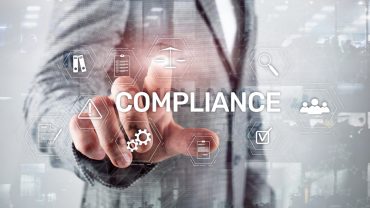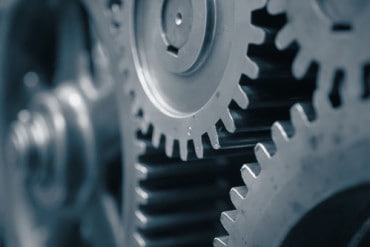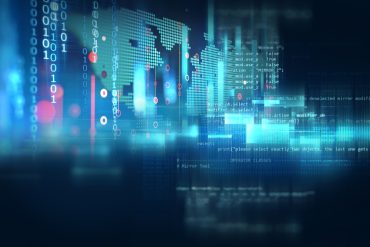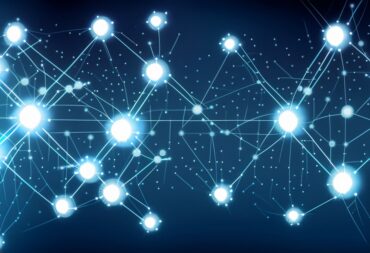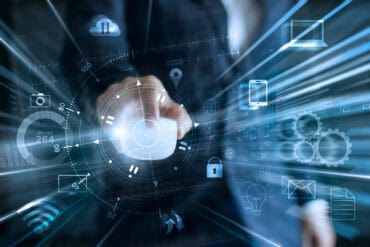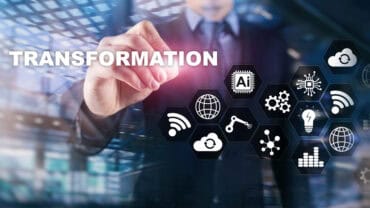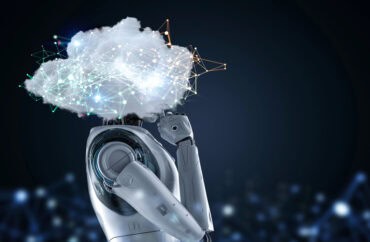
As AI continues to simplify and automate many of the foundational tasks within data science, the field may face a reckoning on what it truly means to be a data scientist in the age of intelligent automation.
About a decade ago, data scientists were proclaimed to be the “sexiest job of the 21st century,’ wrote Tom Davenport and DJ Patil in Harvard Business Review. In hot demand at the time, data scientists are tasked with making “discoveries while swimming in data. It’s their preferred method of navigating the world around them. At ease in the digital realm, they are able to bring structure to large quantities of formless data and make analysis possible.”
But will artificial intelligence render data scientists’ roles obsolete? That’s the view of Dominic Ligot, CEO and CTO of CirroLytix, reported in a recent HackerNoon article that he was able to quickly bring executive level course attendees quickly up to speed with data science techniques — with no formal data science training or skills necessary.
“The participants, primarily CISOs who typically don’t code, found the exercises, crafted with AI’s assistance, to be intuitive and hands-on,” Ligot recounted. “My goal was to immerse them in working directly with data and code. They especially appreciated the chance to explore manually what modern cyberthreat surveillance and SIEM platforms typically automate, gaining insights into the processes happening ‘under the hood.'”
The Role of the Data Scientist Evolves
He also made another, even more telling, observation: “My key takeaway from the class was surprisingly counterintuitive: data science, as we know it, will eventually be replaced by AI,” he said.
AI may be in a position to replace many of what Ligot describes as data science’s “loosely defined” functions. “At its essence, data science combines computer science, statistics, and business acumen, offering organizations the promise of actionable insights from vast amounts of data,” he explained
“As AI rapidly advances, it’s becoming clear that the field’s underlying challenges are harder to overlook. The advent of powerful generative AI could very well be the tipping point for a discipline that, in retrospect, may have been more loosely defined and overhyped than initially acknowledged.”
See also: What’s Changed for Data Scientists This Decade?
Data science “frequently turns out to be a patchwork of loosely related tasks that don’t always align neatly, and many professionals in the field struggle with the full breadth and complexity that the discipline demands,” he added. This includes tasks such as data analysis, modeling, and insight generation — which all could eventually be handled by AI.
“Generative AI has evolved into a powerful force in the very areas where data science is weakest,” he said. “Tasks like data preparation, cleansing, and even basic qualitative analysis — activities that consume much of a data scientist’s time — are now easily automated by AI systems. What’s worse is that AI is faster, more accurate, and less prone to human error or fatigue.”
The rise of AI-driven data science tools “could force a shift in how we view the role and future of data science itself,” Ligot opined. “As AI continues to simplify and automate many of the foundational tasks within data science, the field may face a reckoning on what it truly means to be a data scientist in the age of intelligent automation.”


